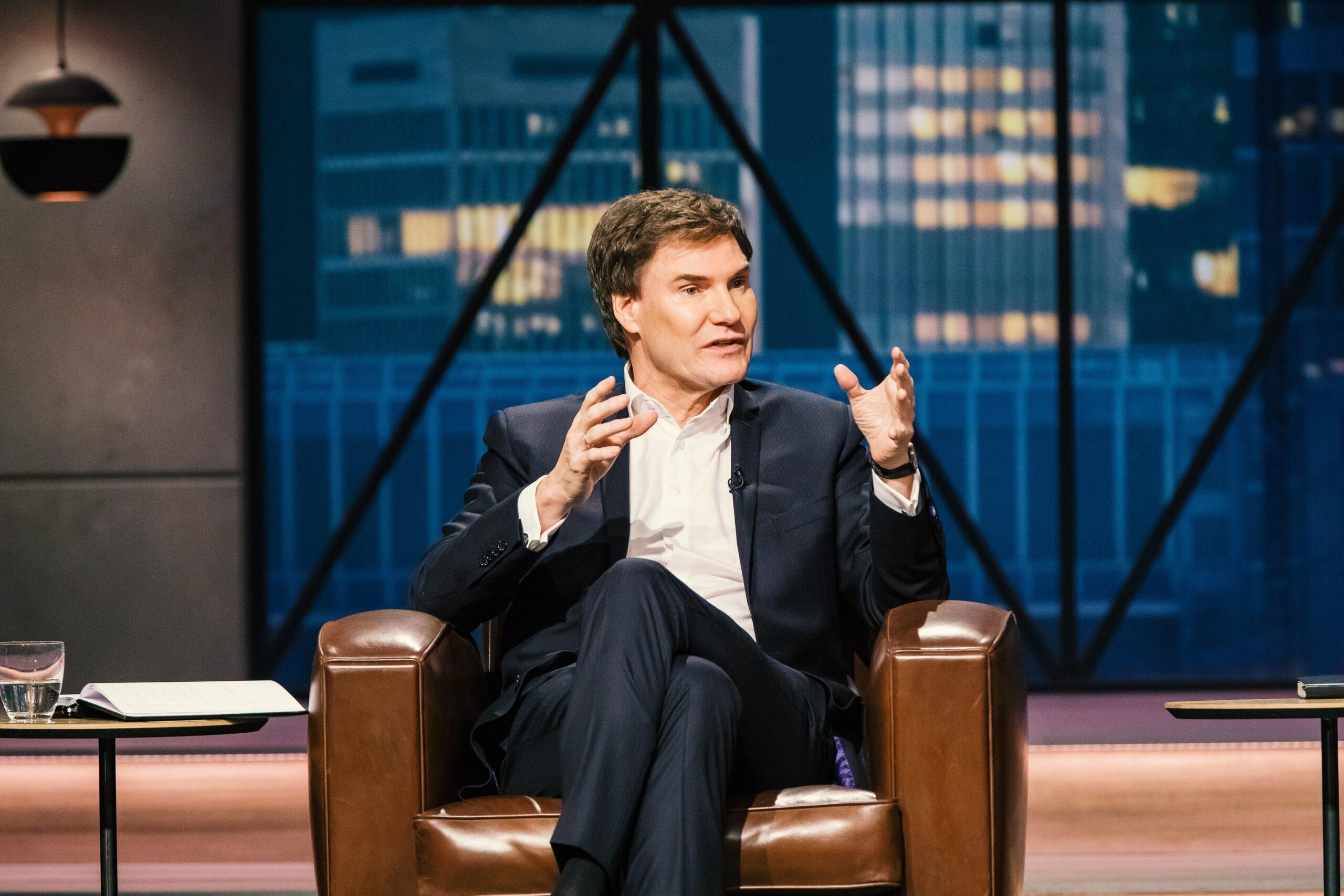Stop the lies

Start-ups tend to promise more than they can deliver. This damages an entire scene. Founders can do something about this.
When start-ups dream, it's not about revolution. Some want to revolutionize the financial world, others the B2B business and still others the e-commerce market. They usually have big plans and visions for this and, increasingly often, a topic that is particularly important to the younger generation is also on the agenda: Sustainability.
In order to attract as many customers as possible, many start-ups therefore like to present themselves as green, organic, eco - or even climate-neutral. None of this would be a problem and it would even be commendable if these advertising promises were true. Unfortunately, however, especially in the case of start-ups, they are often exaggerated, without any scientific basis and therefore often unfounded. This in turn leads to a major problem: when customers find out sooner or later, there is a huge outcry, the start-up is in trouble and, in the long term, this behavior damages the entire scene. Because for many consumers, a motto that has been around since grandma's day probably applies at this point: If you tell a lie once, you won't be believed.
Greenwashing is a disservice to the scene
So when start-ups make big promises, it doesn't just harm them, but the entire start-up scene. The next time consumers go shopping and have a pair of supposedly sustainable trousers in their hands, they will remember that the last pair of sustainable jeans from a start-up was not so sustainable after all and may throw the climate concept overboard. Why should you pay attention to this if, in the end, there is nothing to the promises anyway? In this way, supposed individual cases not only do themselves a disservice, but also the entire scene.
The lies are also unnecessary. Consumers are by no means stupid. They can understand that a start-up cannot be 100% climate-neutral, completely eco or organic. You just have to explain it to them properly. And this is where founders have a duty: they have to communicate honestly. Many find this difficult because they have to admit to themselves that the grand plan, the vision and the world improvement are not working out the way they imagined.
Honesty builds a community
But it has enormous advantages. Probably the biggest: founders who communicate honestly build a real community that can forgive their mistakes. They show themselves to be human - and customers want nothing less when they back a young, dynamic company. No perfection, no growth of 1000 percent, just a nice, small company whose product is new or better. Of course, this does not absolve you from doing your best and making it truly sustainable. But no one expects complete climate neutrality if founders don't make grandiose promises.
Investors and business angels also have a responsibility. They have the task of providing start-ups with the best possible advice in order to increase their own earnings and set up a start-up for long-term, sustainable success. If the founders come up with the topic of "sustainability", it is their duty to say "stop". Stop, we need proof, stop, we can't lie to people, stop, we're not going along with this. Anyone who wants to make impact investments and cannot imagine doing so should ask themselves whether they have chosen the right job.

Newsletter
Startups, stories and stats from the German startup ecosystem straight to your inbox. Subscribe with 2 clicks. Noice.
LinkedIn ConnectFYI: English edition available
Hello my friend, have you been stranded on the German edition of Startbase? At least your browser tells us, that you do not speak German - so maybe you would like to switch to the English edition instead?
FYI: Deutsche Edition verfügbar
Hallo mein Freund, du befindest dich auf der Englischen Edition der Startbase und laut deinem Browser sprichst du eigentlich auch Deutsch. Magst du die Sprache wechseln?










